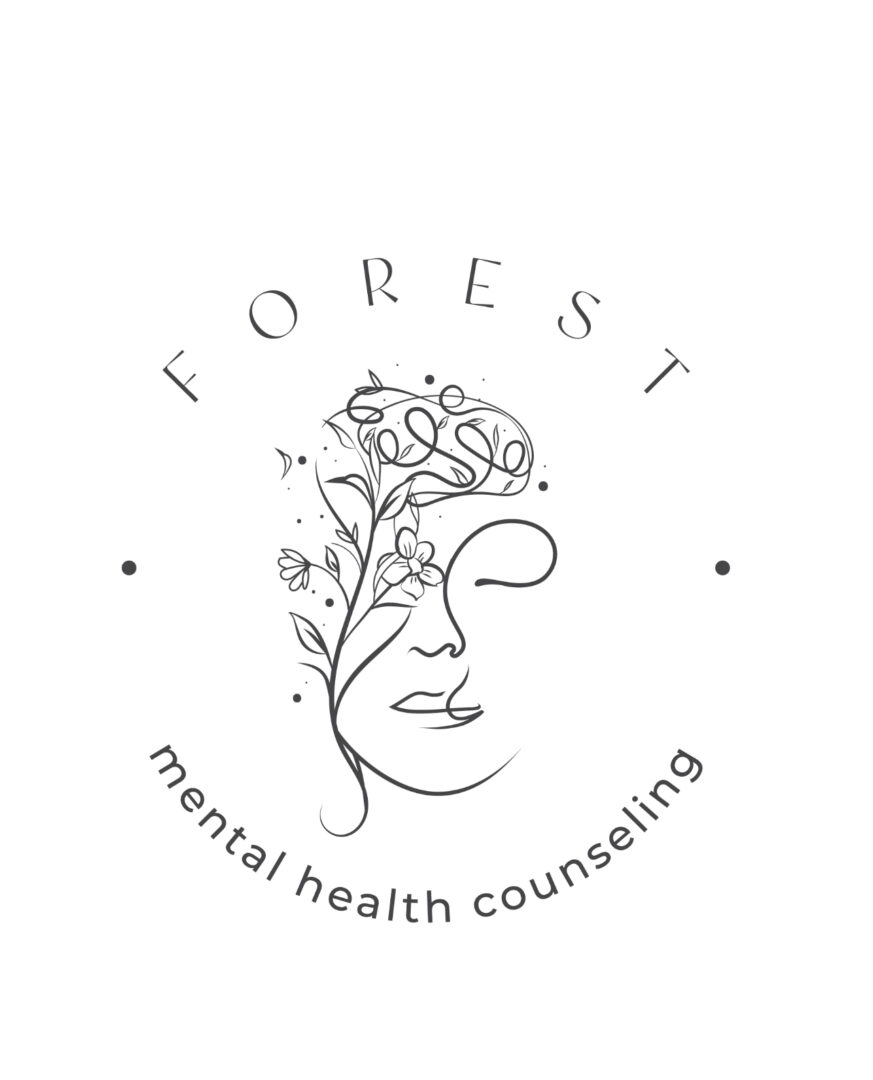
What You Need To Know About My Counseling Services
There are a variety of benefits that can come from therapy, and they tend to be individualized. Therapists are there to provide levels of support, teach certain skills, and help patients discover new coping strategies for things like anxiety, depression, stress, or even creative blocks. You don’t need to have some kind of ‘major disorder’ to find usefulness from a therapist. In fact, if you’re simply looking for personal growth in any aspect of your life, you can typically find the skills and resources through therapy to help with family problems, marital issues, and more. Essentially, a therapist offers a different way of looking at things – perhaps a perspective you haven’t yet considered, which makes it easier to point you in the right direction, and find the solutions you’re looking for in life.
Of course, therapists can’t just ‘fix’ everything on their own. It’s about using those resources you learn in your everyday life that can really turn things around. Still unsure about what therapy could do for you? Let’s take a look at few examples of some common benefits:
• Grasping a deeper understanding of who you are
• Identifying your goals and dreams
• Obtaining the right skills for bettering your life’s relationships
• Learning resources to put an end to the issues that brought you to therapy
• Managing problem areas in your personal life, like anger, stress, depression, etc.
• Creating new patterns of behavior for yourself
• Changing your problem-solving perspective
• Boosting your self-esteem and confidence
There are lots of very good therapists out there–doing all types of therapy. However, studies show that more important than the type of therapy, the biggest indicator of client success is the therapeutic relationship that develops between the therapist and client. In other words…there needs to be a ‘good fit’.
If possible, have a phone or email conversation when you first make contact with a potential therapist. Ask if this person has experience in helping people to deal with your area of concern. If that goes well, then book a first meeting. You will have to pay for the first session, but it’s money well-spent if you decide that this isn’t the therapist for you. Trust your instincts. Your friend may feel comfortable with their therapist, but that doesn’t mean he or she is ‘your’ therapist.
Insurance companies are different – some offer mental health coverage, while others do not. The easiest way to find out if mental health care is covered by your provider is to contact them, to make sure you understand their options. If you’re looking for a good place to start in asking them questions, you could consider asking what their coverage amounts are for therapy sessions, what an out-of-network provider might cost, or if prior approval will be needed from your primary care physician. Don’t be afraid to ask enough questions so you feel confident in knowing how your insurance responds to mental health care. I take different insurances which you will find on my Psychology Today profile. Sliding scale fees are also used for clients who need to pay out of pocket, a super bill will be provided for submittal to your insurance company.
Basically, whatever you say in therapy, stays in therapy. However, there are times when a therapist is legally obligated to break confidentiality:
• Harm to self or others. If a therapist believes that you are in imminent danger of hurting yourself or someone else, a family member, police or ambulance will be called to ensure safety.
• A child under the age of 16 or older adult in care is in danger. In these cases Family and Children’s Services or the police will be called.
• Your files are subpoenaed by the court or by the College of Registered Psychotherapists.
• A client experienced a health emergency during a session. In this case, medical staff would be provided only with necessary information. No information about why a client is in therapy will be shared.
Some therapists (myself included) carry confidentiality into the community. I inform clients that if I see them in the community I will not say hello. I don’t want to put anyone is a situation where they have to explain how they know me. I am always open to speaking to clients outside of the office, but they get to make first contact.
